Hostility :
We are all hostile towards each other (we just don’t get to see it all the time). Inside families, in groups, nations ((Video 232) – trying to counter one another), Govt & its citizens, ID cards (at school/workplaces), rules/ regulations/ laws, judiciary system (and the entire system associated with them), Revenue/ Taxation system, Doors/windows, Discounts, Patents, Marketing, Prize/ Awards/ Appreciation, Speed of technological development (& not the development itself), voters confidentiality in political elections, copyrights, Security personnel’s, ATM pin, Biometric entry system, Manipulation in stock market, misleading advertisements, lock on a door, hostility between mother-in-laws & daughter-in-laws ..…. and it consumes energy & resources (physical and psychological (Video 309)). There is a human being (its desires, needs and the irrationality of the human mind) at the core of everything. We are so used to being hostile that we have stopped noticing it.
We are afraid of the society around and they are afraid of us. What kind of life is that …? (We don’t get to see it unless we make an attempt to step out of some patterns). We are more afraid of another human than any other animal on this planet. People end up playing psychological games with one other. And there is resistance in it. We want to keep things (a person, material thing, asset, skillset, certain knowledge/ information, …) to ourselves because we are hostile (Video 99). We want to own them. We treat our attachment as real, but they are mere reactions to the hostility of the system and nature outside (including food, shelter, security & loneliness).
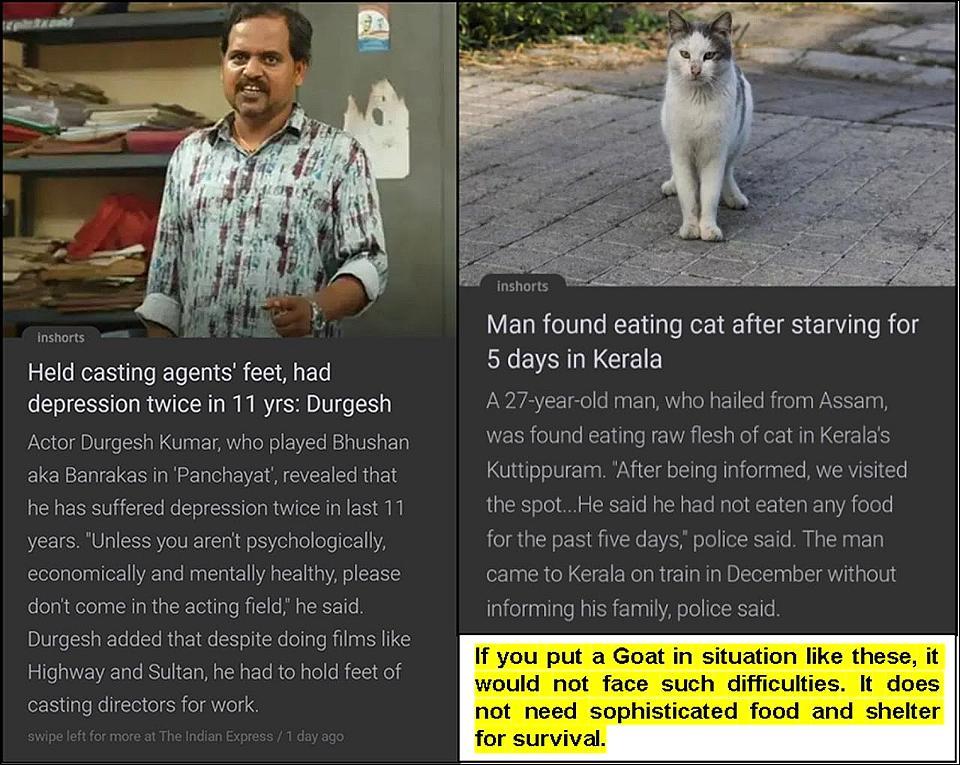
(i.e. if we step out of the house without cash, we will most certainly end up empty stomach (try it)). (Video 281). The intensity of our attachments is elevated (Video 143a), (Video 97). Attachments shift towards a less hostile environment and we mistake the ‘feeling of security’ for ‘love’ (Video 263).

Does attention help with survival …? (Video 257b).

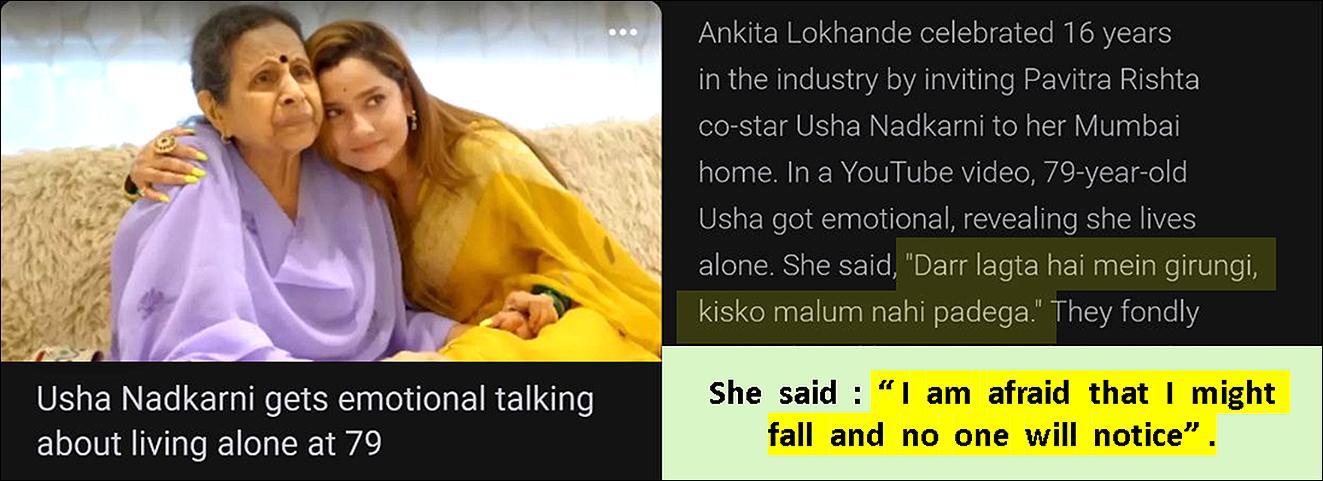
How attachment shift towards less hostile environment (Video 162) –>
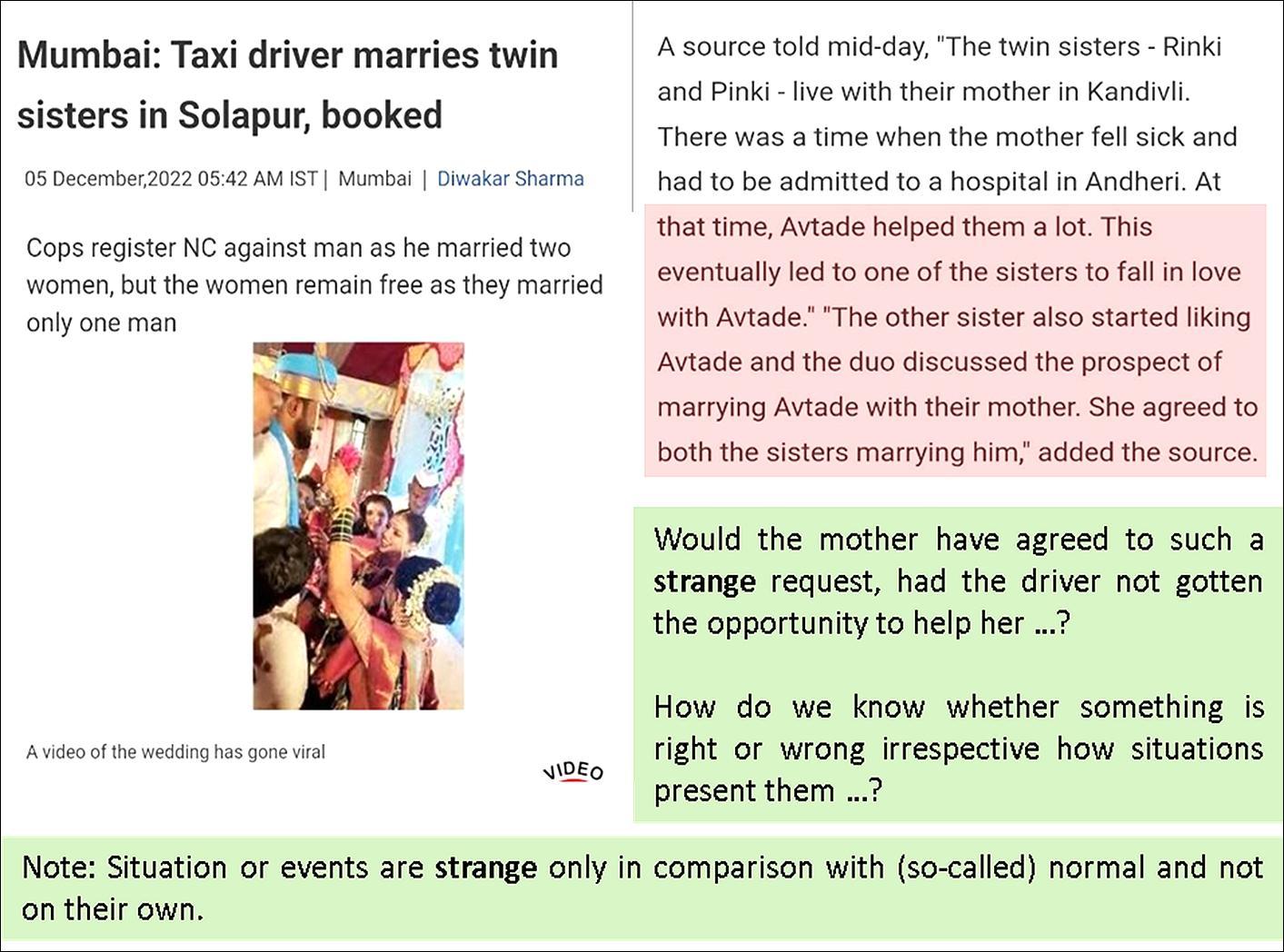
( Why else would a mother agree to such a strange request …? Would a mother have agreed to the same a request had the driver boy not gotten the opportunity to help her …? )

Is the sexual attraction random or does it follow a pattern …?

In general, female animals are biologically wired to seek a male companion (at least, that’s the first impulse) who is competent enough to raise & protect her offspring (i.e. seeking a less hostile environment) (Video 70), (Video 294). This entire phenomenon puts an indirect hidden pressure on male to be the alpha male.
There is nothing wrong in having relations based on ‘feeling of security’, but treating it for something that it is not, is what causes distress in relations (Video 113), (Video 134b). If we treat things for what they truly are, all the unnecessary chaos vanishes.
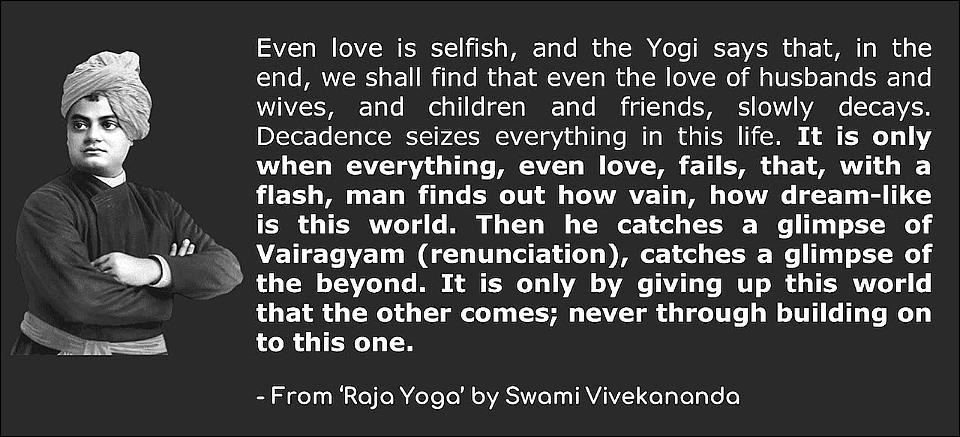
Renunciation is not to let go of the people and things blindly. It is to strip off the falseness in relation that we have with them, so as to establish a true relation.
(Video 303) – Do the value exist in things or do we put it in them …? (Video 224), (Video 204) (That doesn’t necessarily mean people hate one another).
The same can be said about ‘small talk’. Here, people validate one another’s beliefs. It becomes their sanctuary.
[ Small Talks = “Hey, look. Here I am. Please don’t forget me. I don’t want to be left alone. Also, I want to use you (one person to another or one nation to another) as a backup for future uncertainties in our life (I will do the same with you, you do it with me or someone else). And the same goes for the entire world. Even if we don’t get the chance to actually use each other, our mere presence will give us both a psychological comfort. So, let’s keep the relationship alive. Just don’t point it out.” (Video 256). (Try not doing it and you will find out why you do what you do).
Is there anything wrong with it …? In fact, that’s exactly how things should be, not otherwise (Video 204). It is only when we treat things for something they are not, that they cause violence (Video 113). ]
Hostility of nature (food & shelter) and the system around us intensifies groupism (which bases itself on race, religion, country or family of origin, …. ). Groupism further intensifies hostility between two groups but it temporarily increases the attachment within the individual group members far above normal. And when hostility in the system reduces, group identity begins to fall apart, something that shouldn’t have existed in the first place (Video 162).
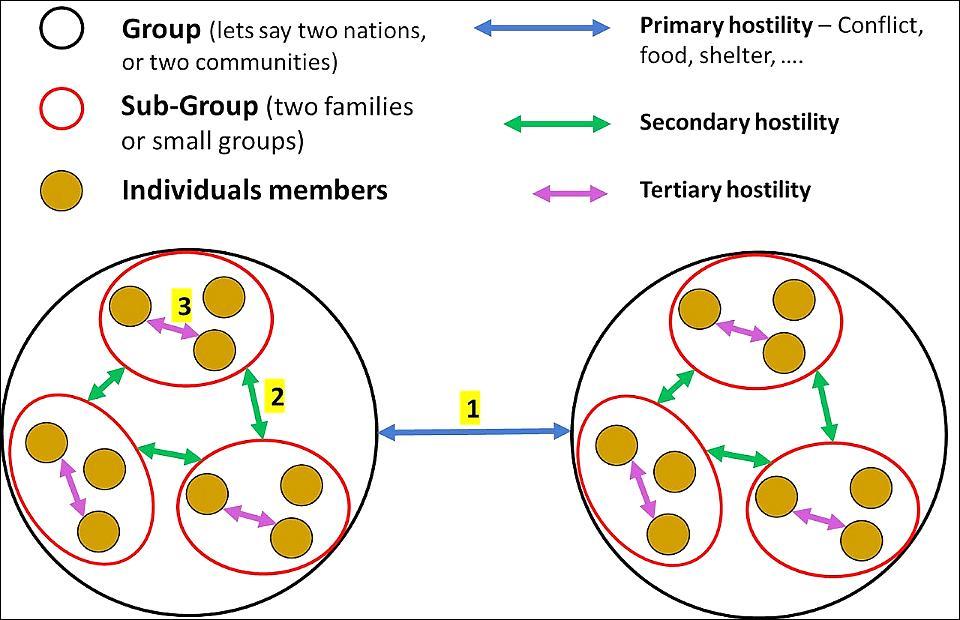
It is only when primary hostility is dissolved that we come to know about the existence of secondary hostility, but until then it was invisible. And it is only when secondary hostility is dissolved that we stumble upon tertiary hostility and so on.
Today, we wonder why the institution of marriage is falling apart. But what we shall be truly wondering about is why did it work, the way it did, in the past …? (That doesn’t necessarily mean people shouldn’t get married. But we shall not treat things otherwise (Video 263)).

Also, is the issue really about Husband-Wife relation or is it two independent people finding it difficult to co-exist …? (take a look at image below)

( Take a pause … )
Had the world not been so hostile, our attachments wouldn’t have appeared so meaningful in the first place. Workplaces, schools and the world outside are hostile, so things (such as family (Video 333), (Video 97), art, sport, music, religion, vacations, TV shows, comedy, pets, …. ) that are slightly less hostile appear more peaceful in comparison than they actually are. Intensities of our attachments are mere reactions to the conflict outside (Video 171), ((Video 252) – Seeking refuge). Our attachments are elevated and not normal. (A person with low IQ might find schools a hostile place while a person with extraordinary IQ would enjoy it).
The moment hostile feelings take charge, people grow resentful towards each other (Video 99). When the hostility ceases to exist, then there is nothing to chase or to run away from (Video 19). We cannot use the world to find out what is right/wrong. It most probably will justify the hostility.
We don’t cherish childhood, we long for ‘lack of hostility’ (Video 259). Babies & Kids attachment to their parents is their reaction to the hostility of the world outside. The world is a far more hostile place to them than to an adult and hence their attachments are also stronger (intensity of attachments is directly proportional to the level of hostility of the world outside (Video 143a). Similar is the case with people aged 65+. As they get older, the world becomes hostile for them hence the intensity of their attachments towards adults may grow).
The world is not as hostile as we think it is. If we were chimps with human consciousness, the world would have appeared far less hostile than its current appearance (I can only assume that we were not designed for sophisticated food & shelter by nature). Maybe our current lifestyle (i.e. food and shelter) is incompetent with nature. Financial suffering, though physically real (and must be dealt with), is still a false suffering.
Absence of hostility & irrationality is the true beauty of this world. It does not lie in things outside.
Is it difficult or easy to break free from hostility …? (consider Vietnam war Heroin addiction study)
( Take a pause …. )
Irrationality :
(Video 14), (Video 108) Things (certain way of doing things, manners, etiquettes, social conventions, prior permissions ….) are expected only from (so called) weak or dependent and not from the powerful one.


When people are vulnerable or weak, we begin to notice faults that don’t even exist in them (Video 319). We doubt and criticize every single move they make (their hair, the way they walk, talk, sit ….) (Video 325), (Video 336). It happens in a very subtle & unconscious way that we don’t even notice it. Violence is like a WiFi network that keeps searching for Hotspots without protection (i.e. weakness) (Video 329). How sure are you that you are not a violent person …? Violence is not random. But that’s not the case with power.

(Note: Though exact details are unclear, we get the point. Rebellious nature of powerful people don’t bother us, maybe be because we to some extent we already know that there is nothing we can do about it. )
OR
When we see Einstein’s photo, what clicks our mind in the first instant …? Is it his hairstyle or E = mc2 …?
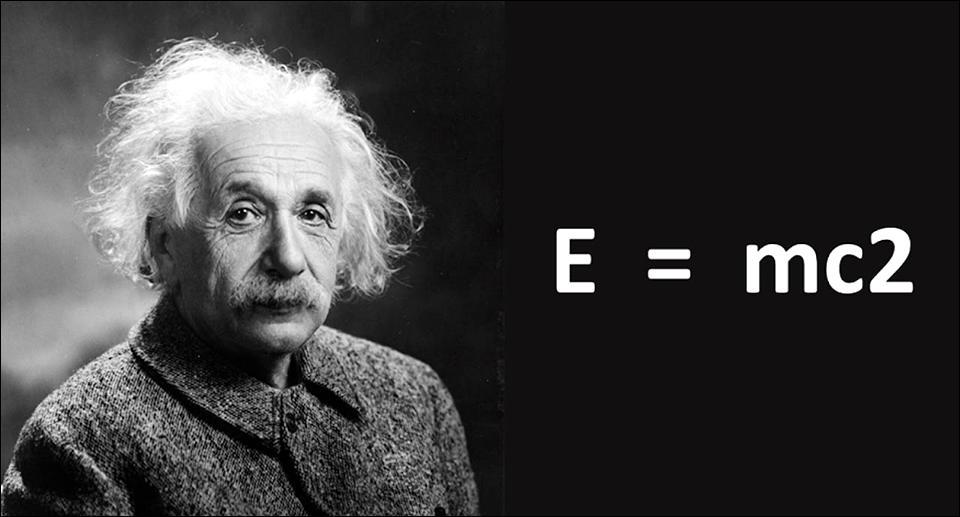
OR (image below)

( Why are the faults that were visible earlier, not being noticed anymore …? What changed …?)

( can we know about such things in advance …? )
When something else in a person or situation becomes more important, meaningless observations about them fall apart without any effort (Video 230) OR
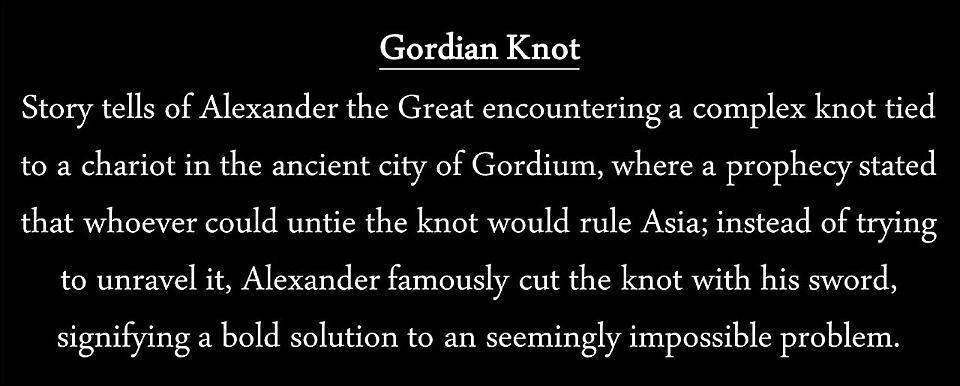
( we can only assume that no one dared to question his move )
[ Our mind performs unconscious calculations in the background. When we see that the opposite person is weak, it chooses anger and power to suppress them. But if that person is extremely powerful, then to avoid feeling like a loser, (because we are almost certain that we are going to lose (Video 329) (try it yourself)), our mind either will use the guilt to manipulate him or will let go of the issue in totality. How many faults people notice in you is inversely proportional to the amount of power you hold. The more power you have, the fewer faults people will see in you. How sure are you that people’s emotional outbursts/ rage/ anger are random …? ]
We feed on the weak, but we just don’t see it (as we shall see ahead). Attempts to live up to those expectations makes them further weak and may keep them from becoming strong (not the generic definition of strong). Many people get stuck in this vicious whirlpool and never come out (there may be rare exceptions, but they don’t define the majority).
—> Any relation that needs constant maintenance (especially the satisfaction of ego through (so called) nice gestures) or a relation where one cannot disagree or raise an objection, is/ was never a relation (eg. Father-Son : Govindrao Phule & Jyotirao Phule) or (Video 240), (Video 203) (try it).
Alternative to ‘not being able to say no (i.e. weakness)’ is permanent conflict. The ones who fail to say “No”, slowly grow resentful. Before we form any relation (new friends, husband-wife, in-laws, brother-sisters, parents & children, business associates, co-workers, ….), we must establish the process of ‘how to say no to one another’ with possibility that there might be some merit to what the other person has to offer. <—
( Take a pause ….. )
Power (/ desirable attention) :
If our power thrives on others’ appreciation/ encouragement (or doing what others consider right/good), then are our actions really free (or just the reaction to what others want) …? Do we want that false sense of power …? (if the appreciation received is unintentional, then there is nothing for us to do about it. But if we elevate our subtle expectations, they will cause us distress in future). Others need and desire for what we do is what we call our power (our power resides in their need or desire not in us and that’s why when those things are gone, (so called) power will be gone too. (It was never our power or we were never powerful)). Is our power really ours or is it just an illusion thriving on others weaknesses …?
Disadvantage of living or coming in contact with weak people is that they may give us a false sense of power (parents living with kids, teachers with students, leaders with followers (Video 227), doctors with patients, seniors with juniors (Video 227b), elders with youngsters, artists with admirers (/ fans), ……) (Video 145), (Video 189), (Video 261)). It is the powerful one that needs to be extremely careful, not the powerless one. If we are constantly made to feel superior (in very subtle ways), we may resent being treated as normal (Video 188). Feeling superior (which we falsely treat as being fine or normal) is a problem creation phase and it is going to cause trouble at the later part.
(Video 89) When we accept something that is not intended for us, it causes anger, hatred, …. when taken away. The world keeps offering us forbidden fruits, it is our responsibility not to eat it (Video 113). But mostly, we end up blaming others in such cases. Also, by accepting the appreciation, we unintentionally encourage the weak ones to repeat the wrong acts (i.e. ego satisfying actions) (Video 246).
( Take a pause ….. )
Also, there is ‘Learned helplessness’ (Video 155) (similar to Priming Effect). Randomness of events that one encounters may dictate how he/she experiences life. Human irrationality has given birth to an illogical world in which very few people can fit statistically (Video 88). Rest go through life having no clue what it actually is (Video 320).
People are not weak or lazy, they are made or trained to feel so (either artificially or naturally). Irrational & biased movement of money & wealth further strengthens their belief of weakness and people get stuck in that paradox.
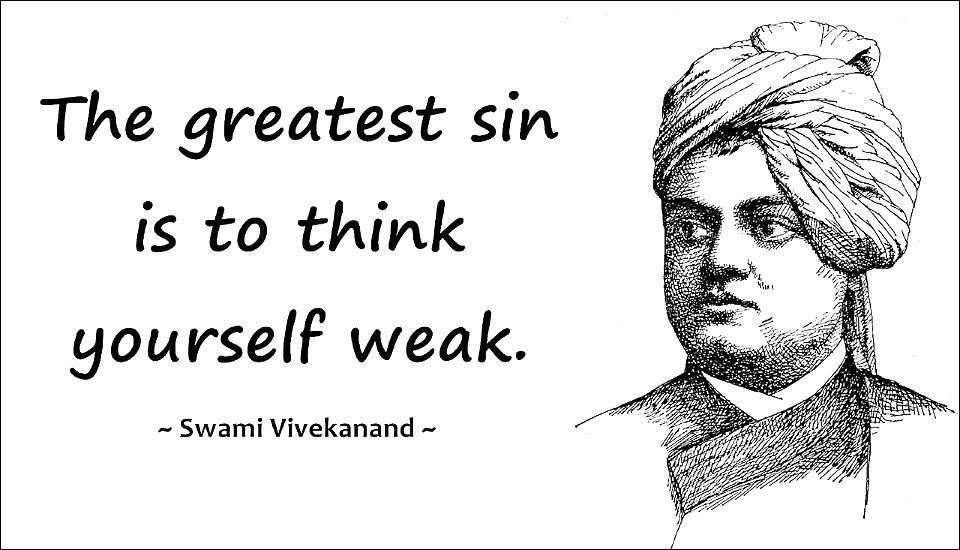
Some children may become good at learning words like ‘Pseudo’ while many others get confused “why ‘Pseudo’ isn’t ‘Seudo’ ….?” or (‘Apple’ is ‘Appal’, but ‘Penelope’ is ‘Penelopi’ (Video 274c)) or we may wonder “why is one sport more important than other …?” or when things are taught in a ‘non-engageful way’, they appear more difficult than they actually are (Video 210) or “why are people willing to spend more on unnecessary things …?” or “why do two people interpret the same situation in two different ways …?” (Video 18) or “why do people manipulate others in the stock market …?” or “why are people biased in relations …? (Video 187)” or “why purchase prices or manufacturing cost of items are kept hidden in the market, why can’t we disclose them to the customers …?”, (Video 166) or “why are people willing to buy precious gemstones at double price …?”.
Generally, in life, our first instinct is to use logic over everything (Video 274), (Video 274b). When it fails, it mistakenly conveys to us that we are weak or we are not competent enough to deal with the world (Video 247). Also, if things are not logical, there is no possible way to deal with the situation.
[ Consider a hypothetical situation : Let’s say you are trying to play football. When you kick the football for the first time, it travels 100m while swinging to the left. Now you kick it again exactly the same way, it travels 100m but this time it swings to the right. When you kick it for the third time the same way, it goes in the straight line. Its movements are random. And when things don’t make sense, our brain finds it difficult to interact with the situation. Our mind looks for patterns so that when it faces a similar situation, it can deal with it without having to think a lot. That’s why people find it difficult to interact with one another. We find everyone different and it consumes a lot of psychological resources to deal with each one of them in a different way. Society becomes a crazy place to interact with.
Money or wealth (i.e. making a living) doesn’t follow logic either (necessary things or jobs are less valuable than unnecessary things). And our minds always follow the path of least resistance.
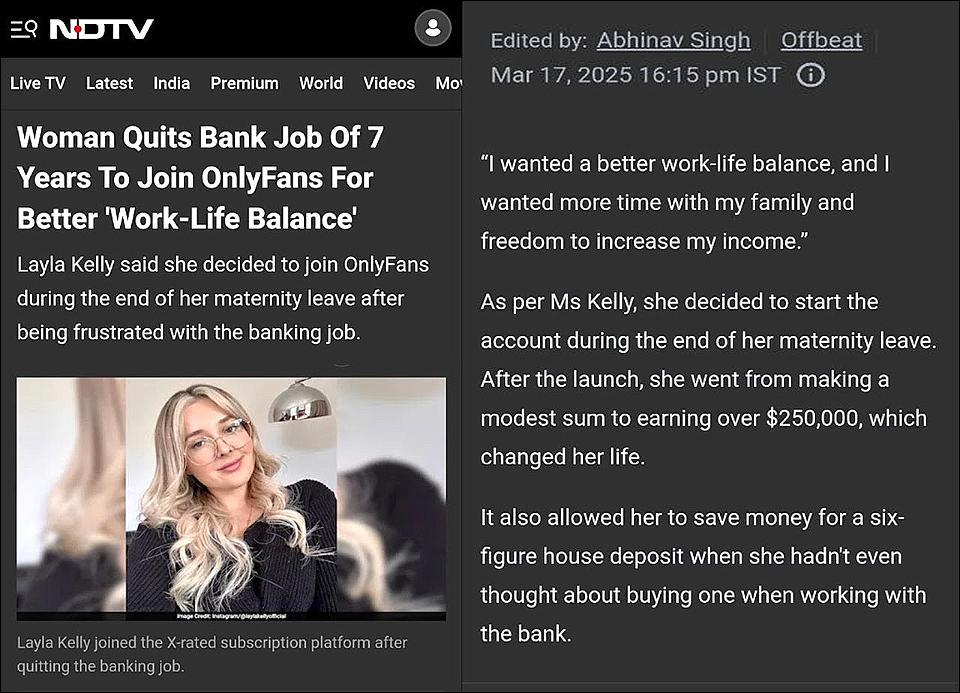
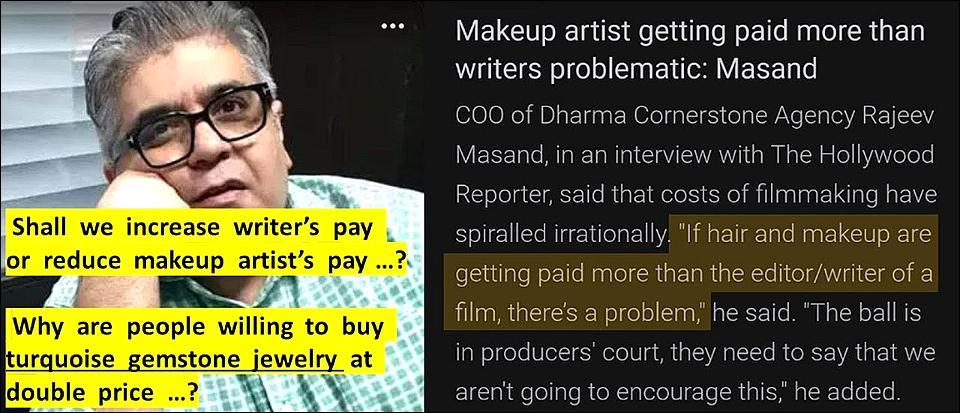
We all are blocked from being logical and from being truthful in various directions of life and we are continuously mocked by the irrationality of the system & the people. Hence to avoid acknowledgement of the fact that ‘we are powerless against that irrationality, we unconsciously seek refuge in instant gratifications/distractions such as celebrations, romance, sexual intercourse, God & religion, imaginary concepts such as ‘Afterlife’, obsession with technology (Video 171), having babies or keeping pets, music, comedy, traveling, addictions, video games, OTT, art, sports, politics, gaining wealth, lifestyle, beautification of things (such as landscaping, interior, makeup, jewelry, food, …. (Video 257)), looking for faults in others, ….., (i.e. “Look, I am a busy person. I am doing something. I am competent and not powerless.”). We stumble upon addictions as per our temperament and conditioning ((Video 252) – Seeking refuge). Some addictions satisfy our needs as well, so we begin to treat them as real & most important things in life.
That doesn’t mean we shouldn’t do those things. But we should know ‘why are we doing what we are doing …?’. The best way to find that out is to make an attempt to go in the opposite direction.
Actual things are not necessarily wrong, but our intensities of involvement in those addictions are not real.

( To get rid of addiction doesn’t necessarily mean to eliminate a specific thing from our life, but to stay involved only to the extent necessary )
Our obsessions are mere reactions to the conflict outside (Video 199), (Video 171), (Video 97). or (Vietnam war Heroin addiction study). They are far above normal and hence they cannot be trusted blindly (Video 125a), (Video 141). Had the world outside been logical, we wouldn’t have initiated the search for ‘happiness (i.e. subtle control & superiority)‘ in the first place and hence no fear of losing something that was never there. The technical or scientific world is logical. No wonder scientists tend to be less interested in things that are cherished by others in general. Their work or lab is logical, but not the world outside the lab.
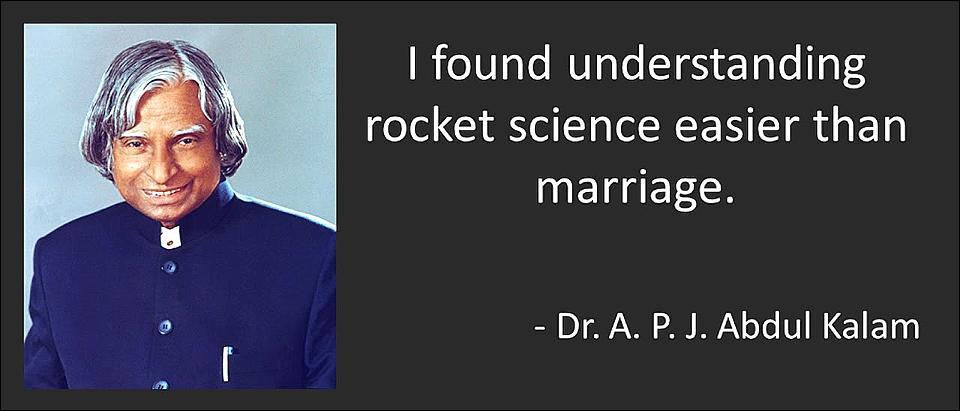
( Our mind follows the path of least resistance. I can only assume that he didn’t find the marriage institution wrong. He just found science more logical )
Also, when certain addictions are cherished by a large number of people, we find it suitable to exclude those things from the category of addictions itself and we begin treating them as ‘Normal human behavior’ (even though they are not). Unconsciously, our mind always chooses the path of least resistance and we find it easier to turn a few people in the wrong direction than to turn many on the right path. There is one more reason for exclusion of certain addictions. Just like others, we also desire some of those addictions and the only way to have them without appearing a hypocrite is to not treat them as addictions at all. But they always cause distress.
Leave a Reply